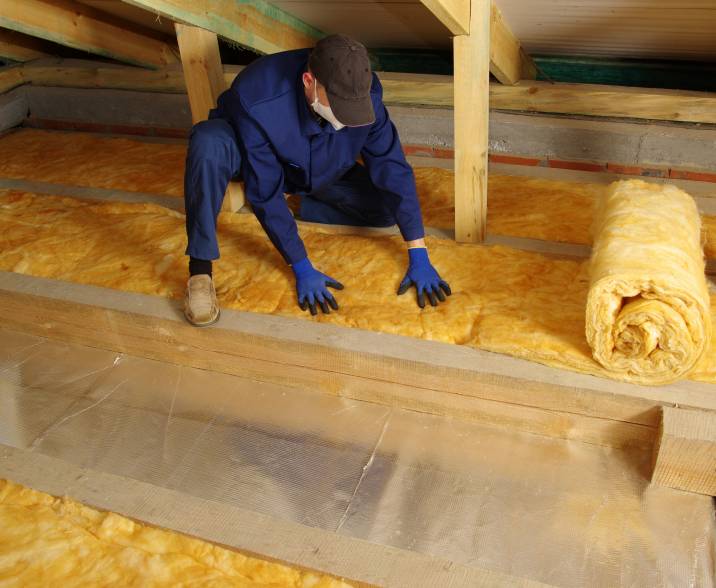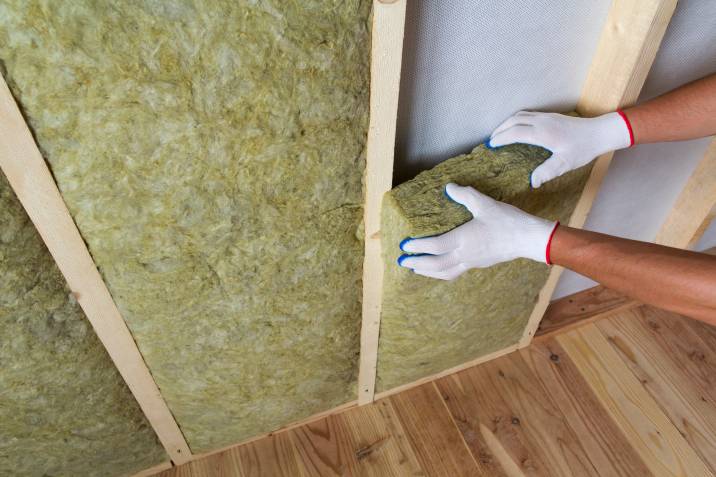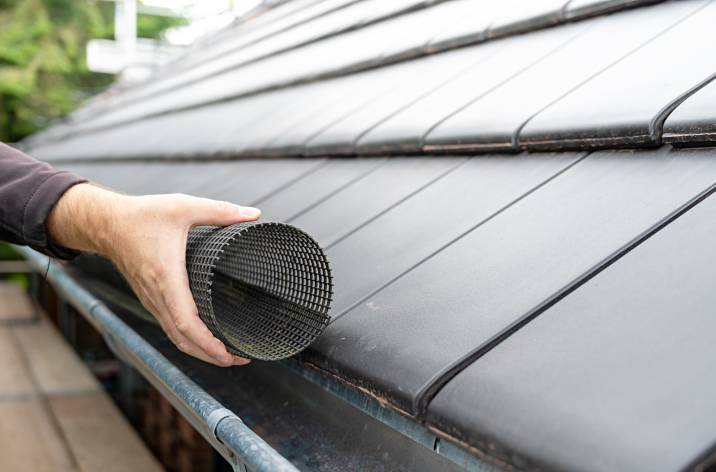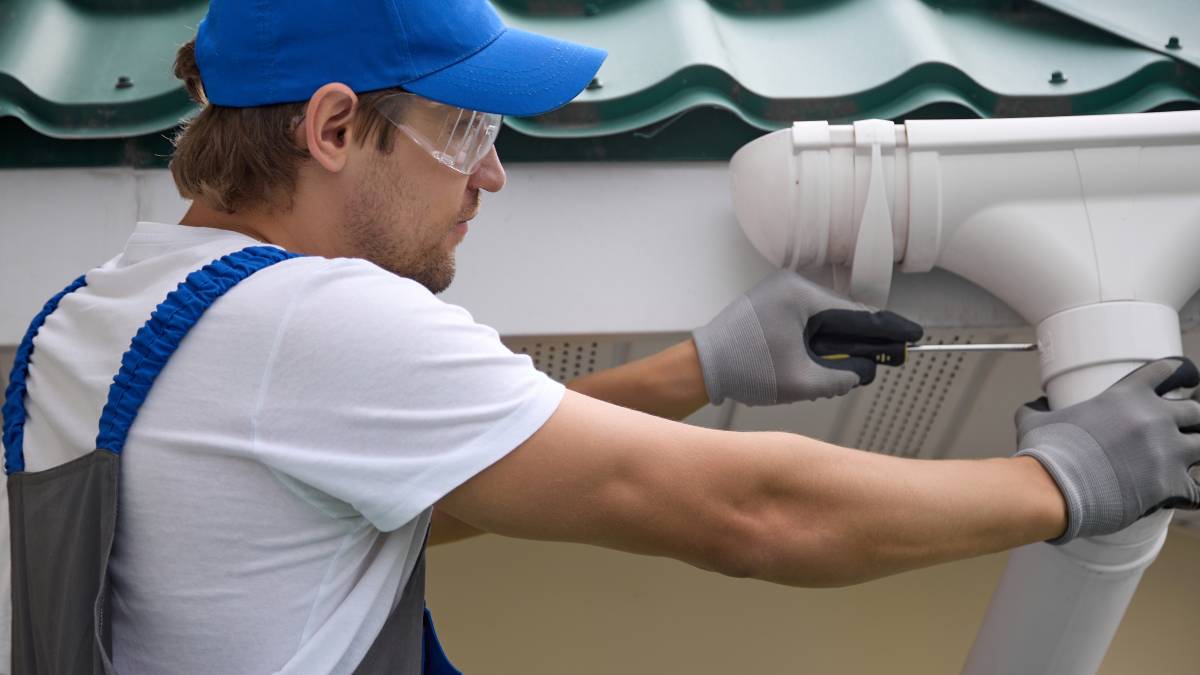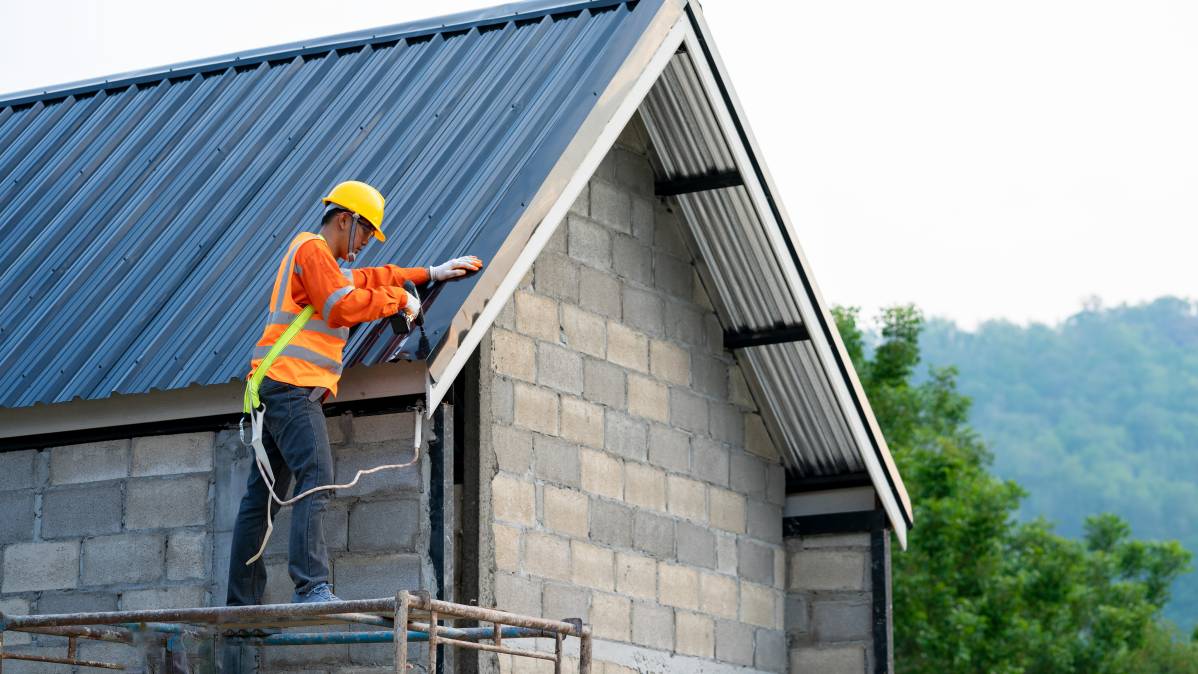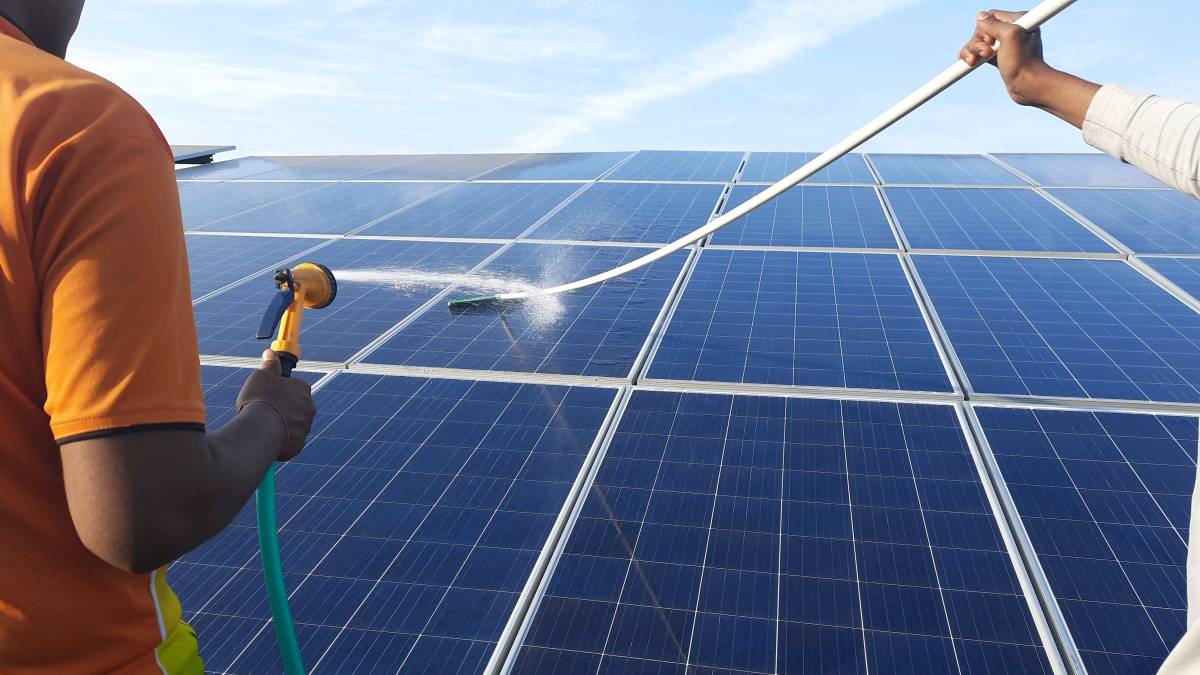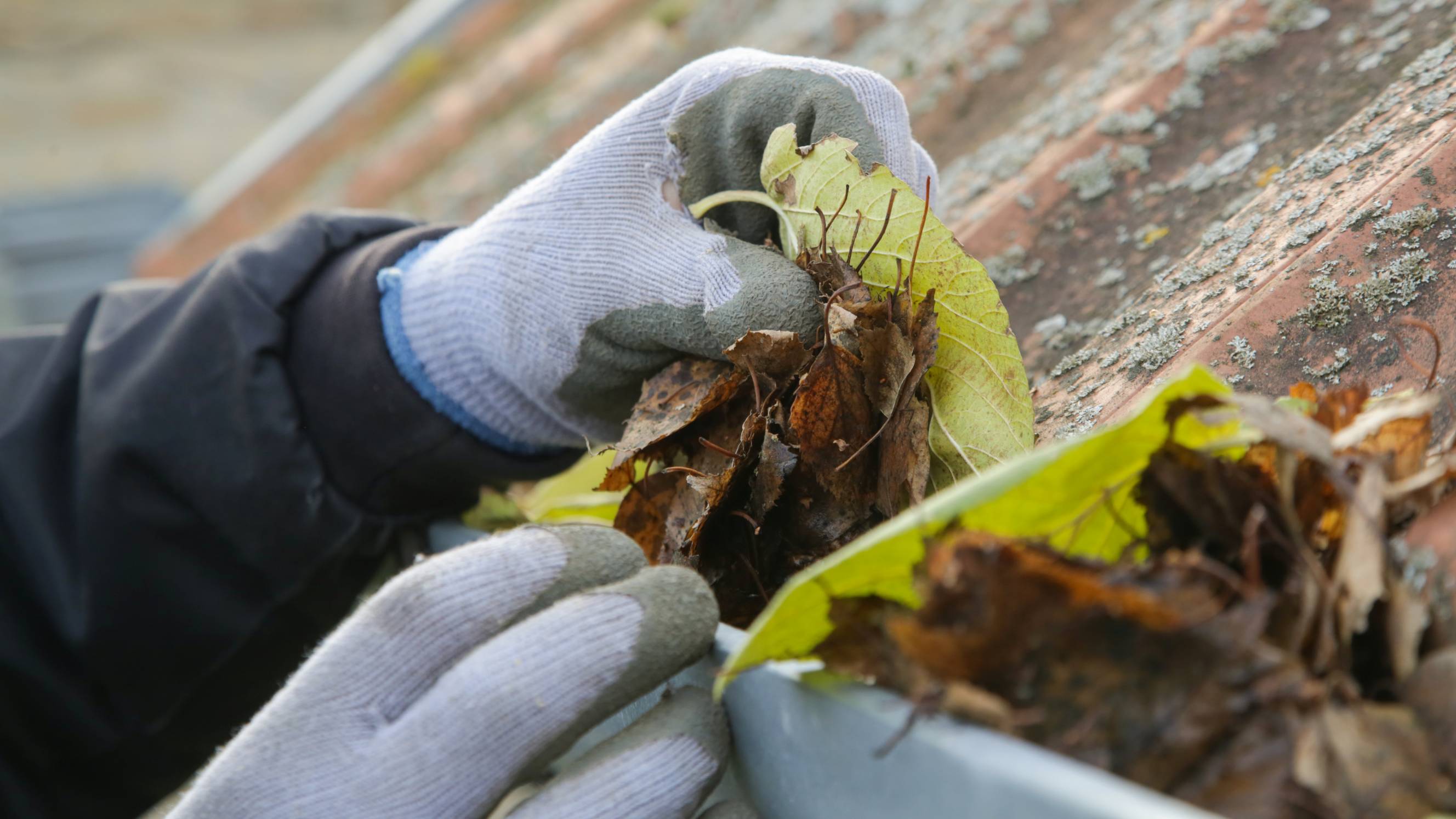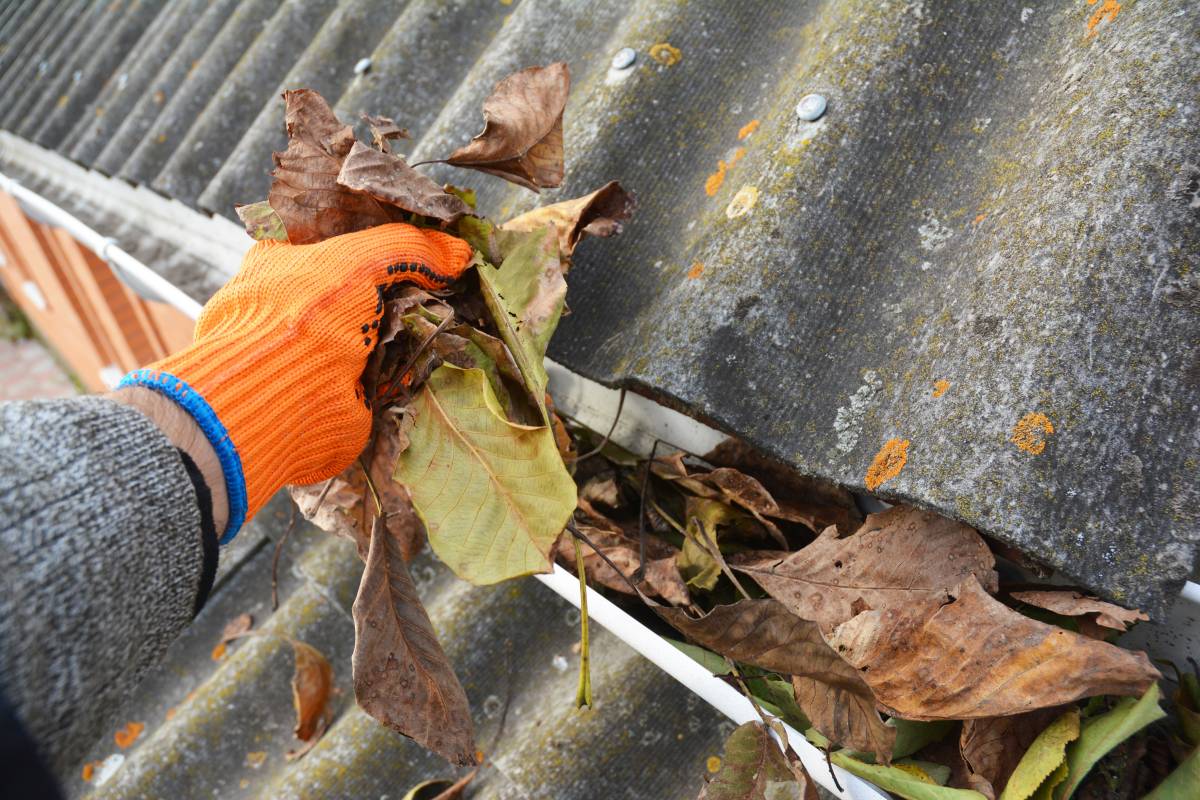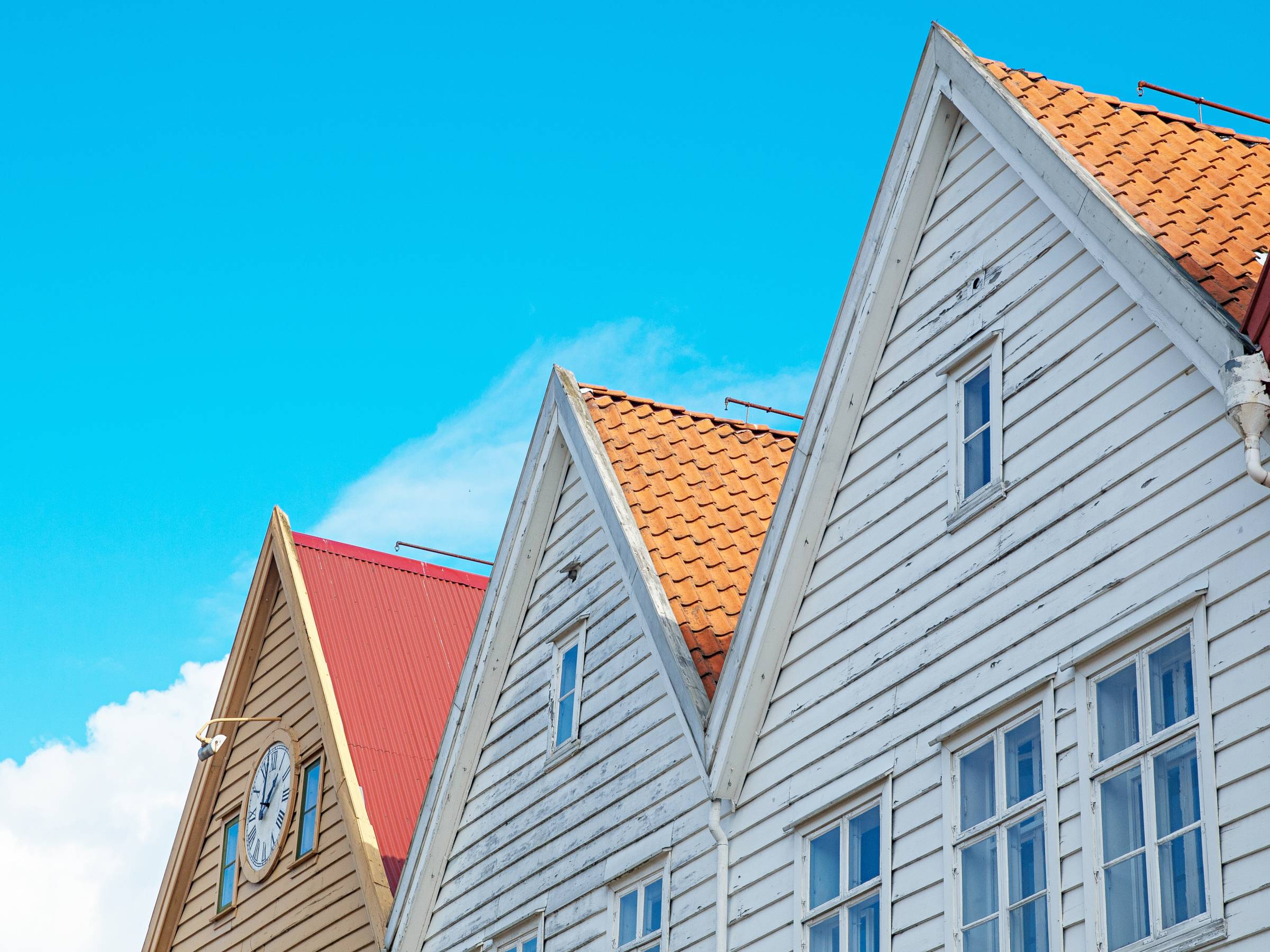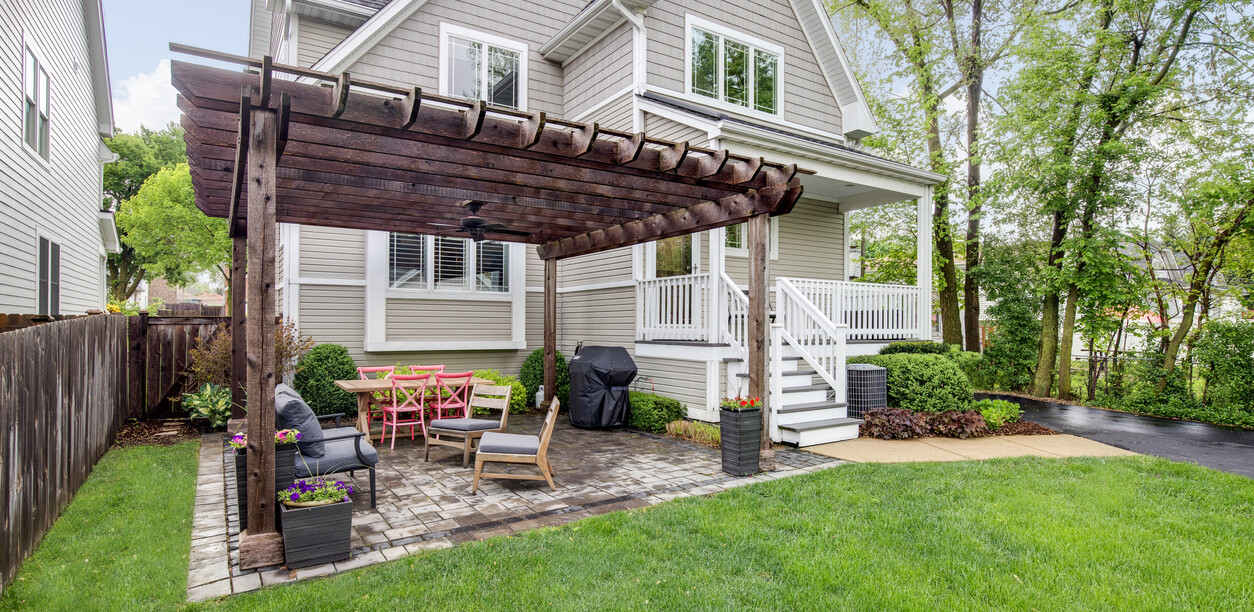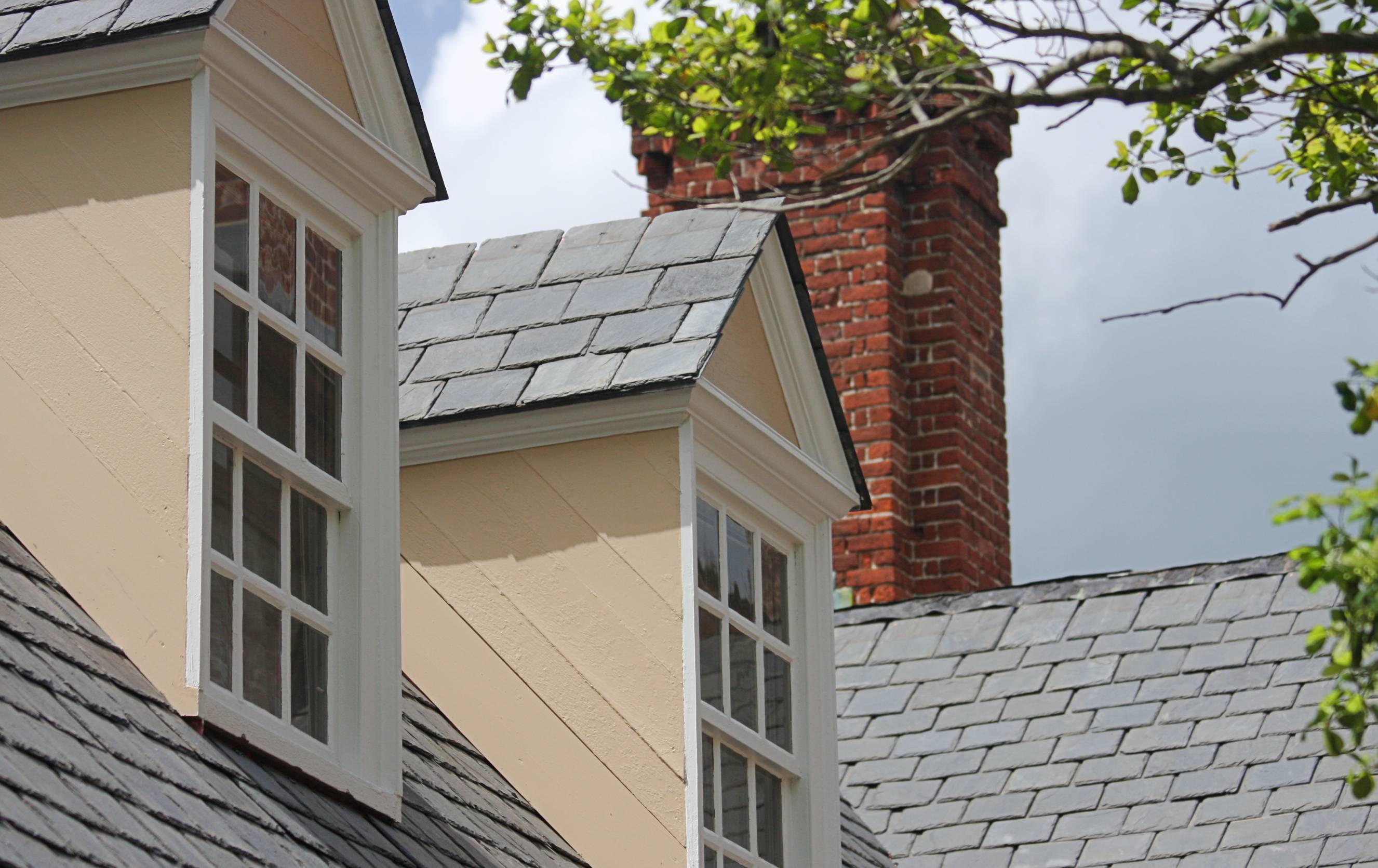- Home/
- Costs/
- Insulation/
- Insulation Cost Guide
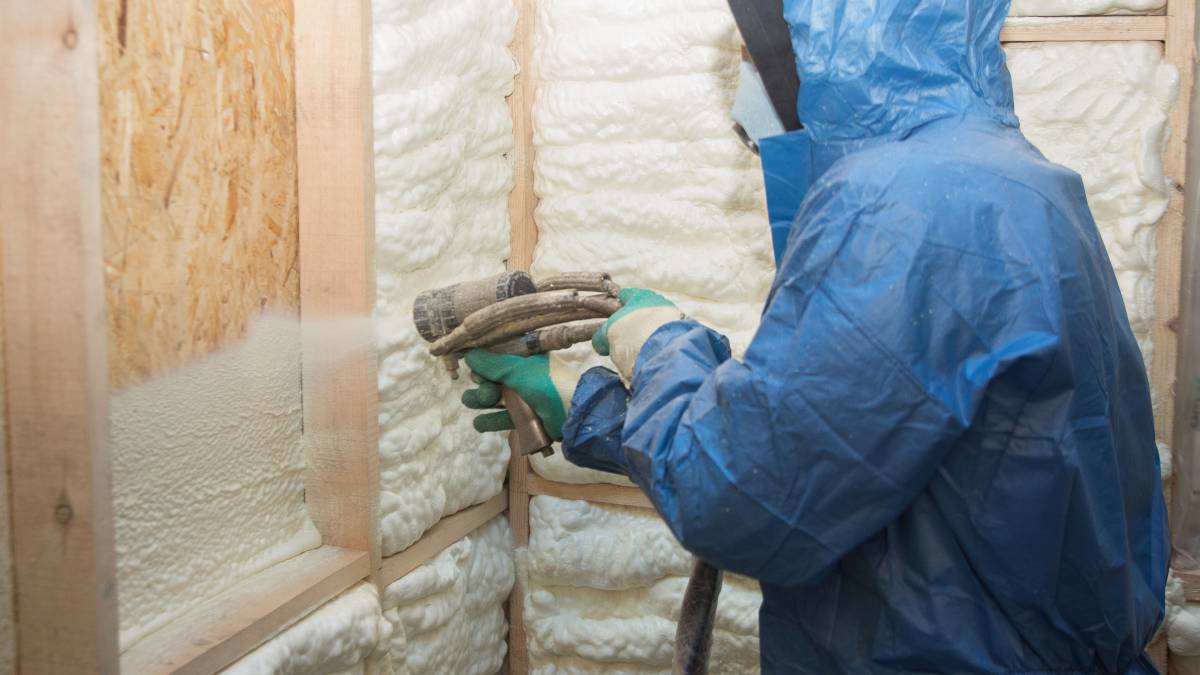
How much does insulation cost?
Get a free quote nowPost to find a price. It's free and only takes a minute.
Price guide
$1,500 - $6,600
low
$1,500
median
$3,675
high
$6,600
Last Updated on
Have you recently noticed your electricity bills going up? You might want to check your home insulation, as it dramatically affects your heating and cooling costs. The heating costs during colder seasons will make you feel like your money is escaping your home.
Insulation gives your house resistance to heat flow and helps you manage your heating and cooling expenses. Insulation costs between $1,500 to $6,600 for a home insulation project. If you're planning to insulate your house, this guide will help you budget for the upgrade.
Insulation price list
Not sure how much it costs to insulate a room or roof? Below is a comparison table of various insulation projects and the common materials used.
Insulation project |
Average cost |
Roof insulation |
$1,600–$4,600 |
Attic insulation |
$1,500–$6,100 |
Attached garage insulation |
$1,650–$6,600 |
Basement insulation |
$2–$3 per square foot |
Wall insulation |
$1–$4 per square foot |
Factors that affect insulation costs
Insulation comes in various forms and is installed by different methods. Read on to know how these factors affect the overall cost.
Type of insulation
The cost of insulation depends on several factors. Make sure to ask your contractor for advice regarding the needs of your home. Here are some of the common insulation materials.
- Blanket insulation is one of the most common types and comes in rolls with a foil backing. It's made from glass wool and recycled bottles, making it cost-effective.
- Spray foam insulation costs will depend on the size of your house. This type uses a foaming agent that expands and becomes solid as it cures.
- Blown-in, also referred to as loose-fill insulation, comes in three types: cellulose, fiberglass, and mineral wool. It is commonly used in attics, existing walls, and open-wall cavities.
- Rigid foam insulation is used when there is a weight that needs support. Its rigidity also helps give acoustic insulation by minimizing the sounds passing through walls and raised floors.
Part of the house
The cost of insulating a house will typically depend on which part it is. Roof insulation costs range from $1,600 to $4,600 for a typical home, sometimes more based on the size and thickness of the insulation.
Attic insulation prices start at around $1,500 and can go up to $6,000, depending on the type of insulation (i.e., batting, spray foam, blown-in, or a combination). Meanwhile, insulating an attached garage costs $1,650 up to $6,600, as determined by the size and materials.
If you're wondering how much it costs to insulate a basement, it's often priced per square foot, starting at $2. Basements don't require as much insulation as other parts of the house since their surrounding area is enough to keep it cool during summer and warm on chilly nights.
On the other hand, wall insulation costs range from $1 to $4 per square foot and are installed using mineral wool or fiberglass batts in between wall studs.
Before you begin with roof installation, you might want to evaluate if your roof needs ventilation first.
Size of the project
The area size will determine the kind and volume of material appropriate for its insulation. The larger the size of your home, the more expensive it will be. Preparation and cleanup costs will also dictate the total insulation installation costs.
Additionally, some contractors include the price of scaffolding in the overall quote. But if there are hard-to-reach areas with restricted access obstacles in the way, it will be an additional charge.
Location and labor costs
Labor costs can be per hour or per project and will most likely depend on where you live. Companies in major cities usually charge higher, but consider its proximity to your home. Expect labor costs to be $0.50 to $3 per square foot. This can increase if the insulation requires specialized equipment and protective gear.
Why your house needs insulation
Insulation comes in many types and forms, but all of them work by occupying dead air spaces or cells to help slow heat flow. This protects the rooms of the house. Without insulation, heat escapes your home through the roof and loft, through the walls, windows, floors, vents, and openings.
- Provides comfort: Living in a well-insulated home will bring you year-round comfort. It will keep you from getting too cold during winter and improve the air temperature inside your home in summer. This saves you from expensive heating and air conditioning systems that may cost thousands of dollars.
- Blocks outside noise: Good insulation also reduces noise, which is great if you live near a busy road. Cavity wall insulation fills up the space between the internal and external layers of brick that form your exterior walls. The contractor will drill holes in the wall where the insulating material will be pumped in.
| See also: How much does soundproofing a room cost? |
If you plan to sell or list your home, good insulation is a great way to increase your property's value and appeal.
Post a task for house insulation
Insulation helps you live comfortably and cut down on electricity costs. If you’re ready to start your home insulation project, put up a task on our platform and connect with reliable insulation installers. Mention crucial details, such as the area and size you’ll insulate and the material you prefer, so Taskers can provide you with a more accurate quote.
FAQs
The type of insulation you need depends on how and where you’ll use it. For instance, if you want soundproofing to go along with insulation, you can opt for either acoustic insulation or cavity wall insulation.
Some insulation materials, such as mineral wool, can be installed on your own. However, others require special skills and equipment, such as spray foam insulation. You will need to hire a professional to complete the project. You can consult them regarding the project specifics, and they’ll be able to complete the project faster.
It depends on where you live and how old your home is. Your location should dictate how much insulation you'll need for your property. It is important to note that different climates require different insulation R-values. Aside from this, if your house is more than ten years old, it's highly likely to require more insulation.
Besides insulation, you can boost energy efficiency by sealing air leaks, switching to energy-efficient appliances, installing double-glazed windows and doors, and using smart thermostats. Installing solar panels is also a smart, long-term solution for reducing electricity bills and your carbon footprint.
To keep your solar system running efficiently, regular solar panel cleaning is essential. This is especially important in areas like North Brisbane, South Brisbane, Sydney, Ipswich, South East Melbourne, North Sydney, and other parts of Victoria, where environmental buildup can affect panel performance.
Find insulation services, fast
Post a task
Related price guides
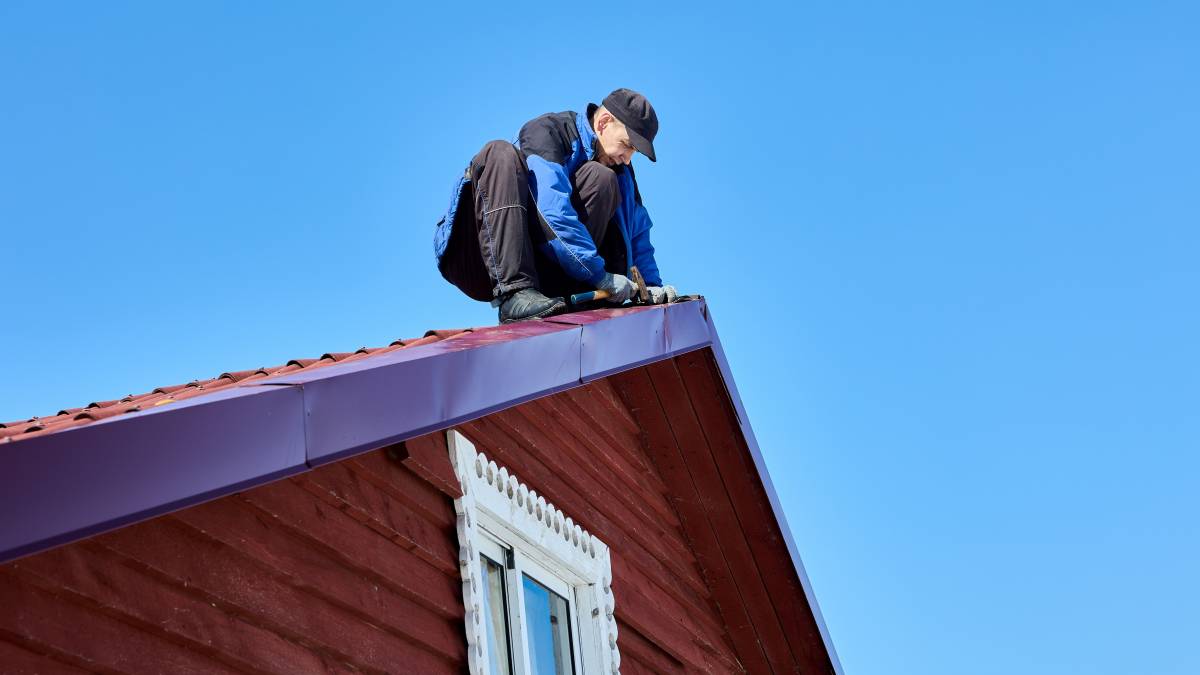
How much does roof repair cost?
Read more
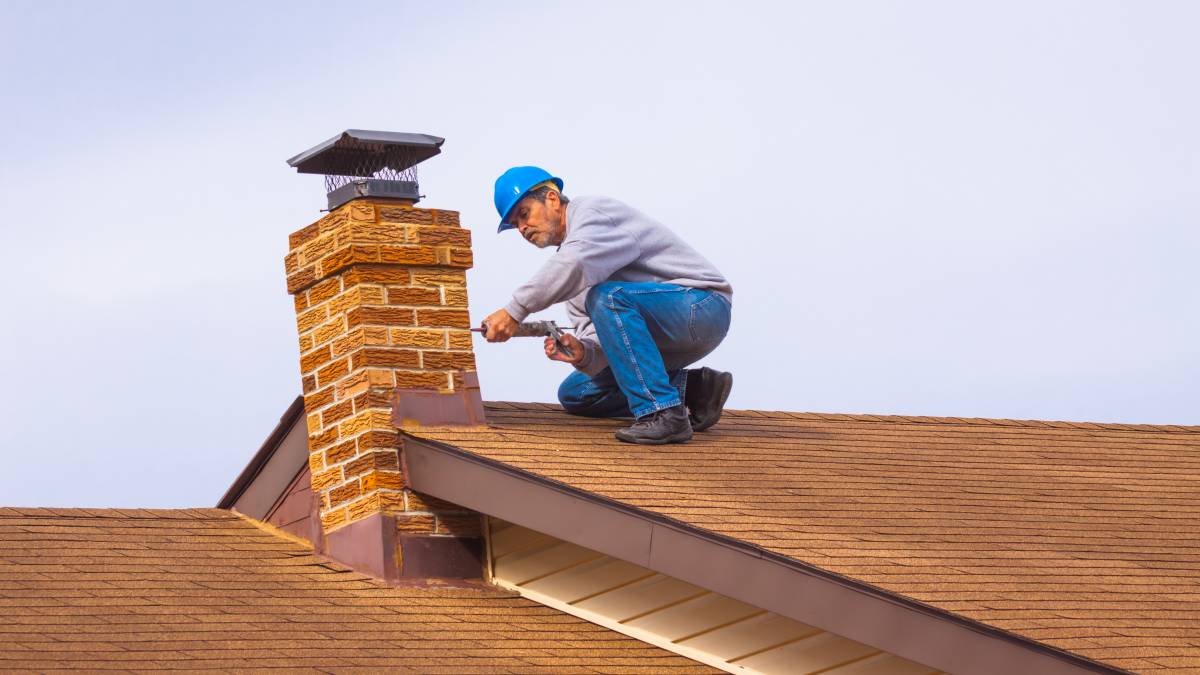
How much does a chimney repair cost?
Read more
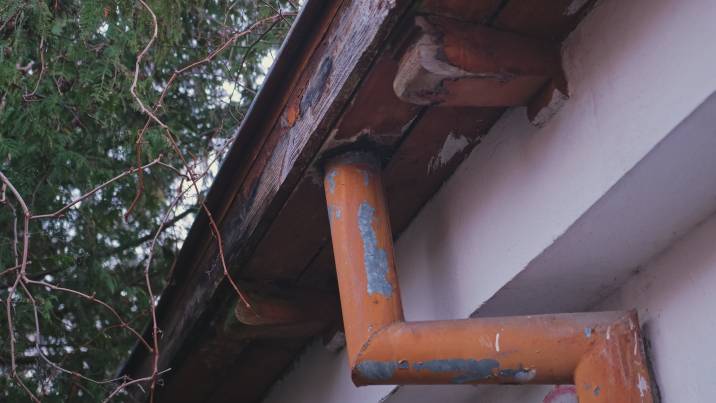
How much does a gutter repair cost?
Read more
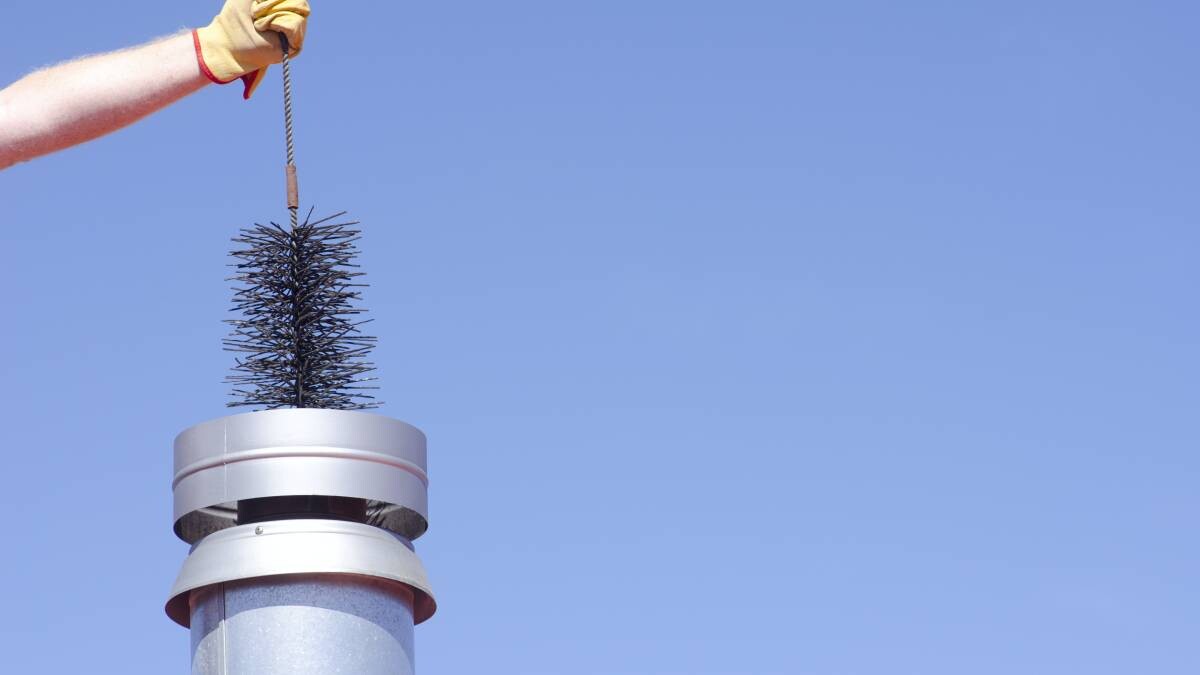
How much does a chimney sweep cost?
Read more
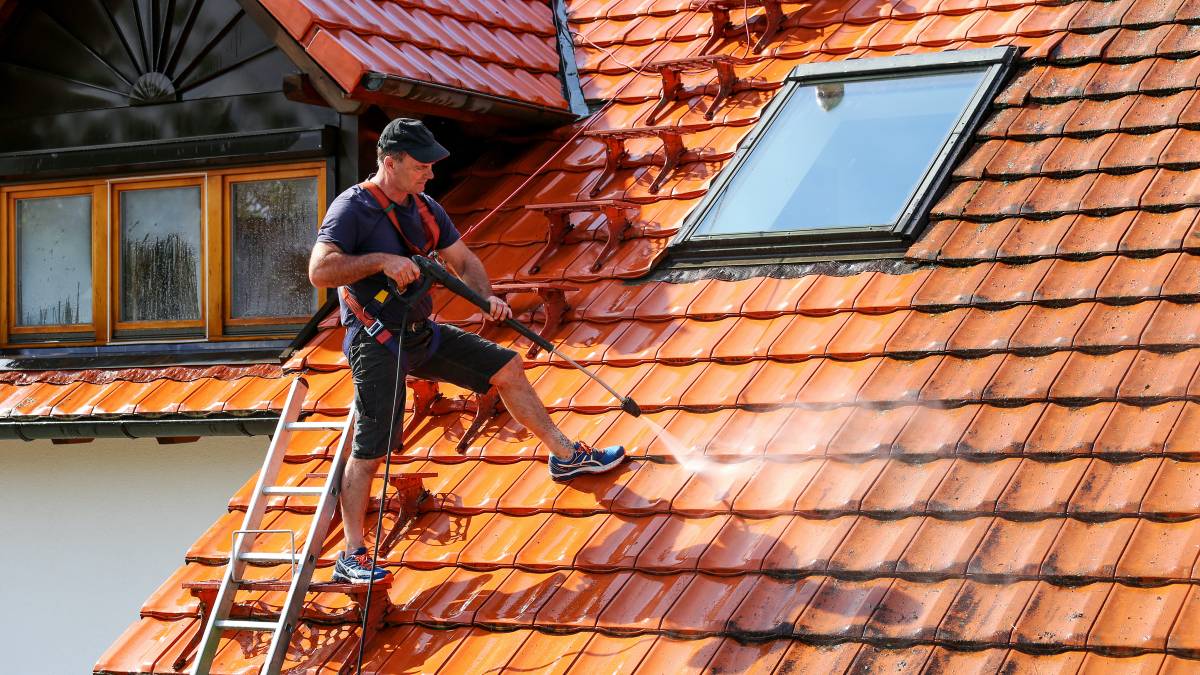
How much does roof cleaning cost?
Read more
Related articles
